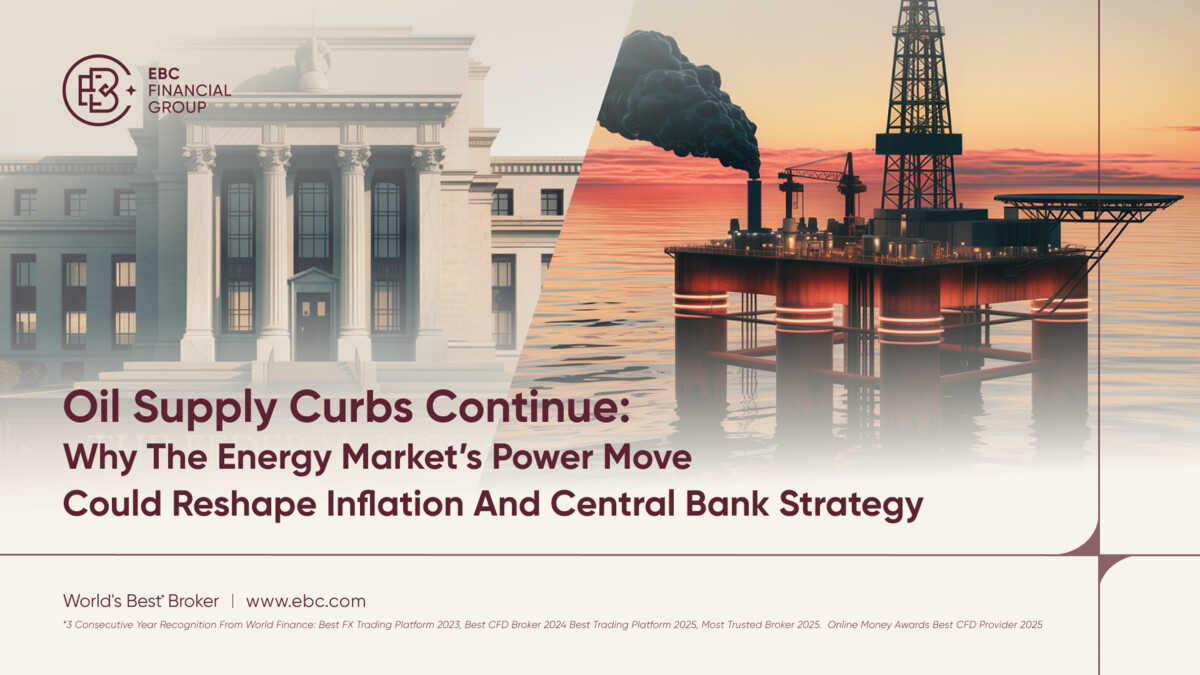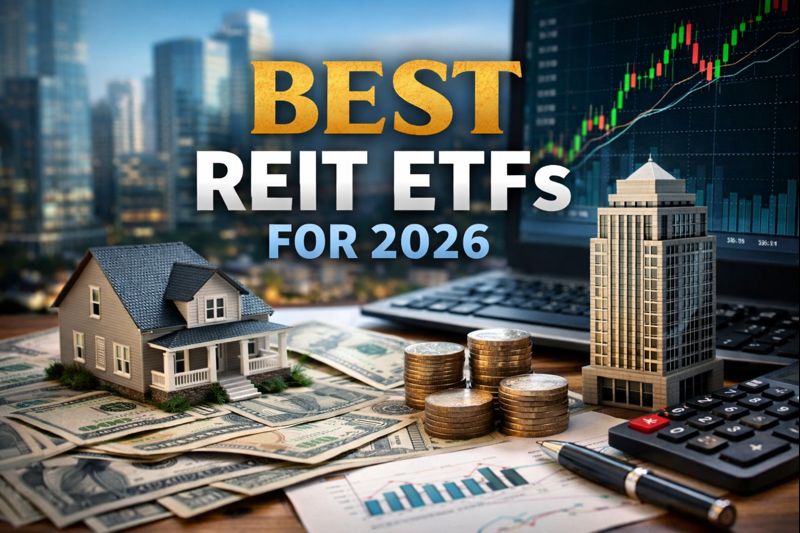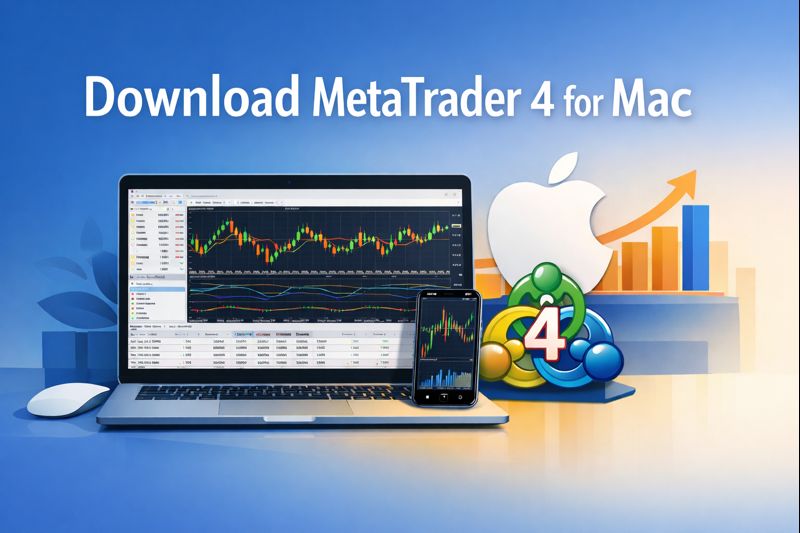As global central banks begin to loosen monetary policy, another force is
working in reverse: constrained oil supply. Key energy producers are maintaining
voluntary cuts through the end of 2025, even as demand builds and inventories
remain lean.
This disciplined supply strategy has set a price floor, with Brent crude
trading near US $68.39 per barrel, down 1.2% after the latest EU sanctions,
indicating that markets don't expect significant disruptions to supply. While
recent volatility reflects short-term profit-taking and trade jitters, forecasts
from Goldman Sachs and the IEA point to a potential rebound in oil prices as
demand recovers later in 2025.

"We're in a world where commodity supply decisions can rival, or even
override, central bank influence," said David Barrett, CEO of EBC Financial
Group (UK) Ltd. "Overlooking these dynamics risks mispricing entire asset
classes—from FX and bonds to inflation-linked securities."
Recent demand analysis indicates that OPEC and the IEA forecasts for 2025 may
be too pessimistic: despite projecting growth of 700,000–1.29 million bpd—the
slowest since 2009—Asia's crude imports have actually jumped by around
510,000 bpd in H1 2025. Meanwhile, the IEA warns that current projections could
understate real demand as global travel and industrial activity pick up.
Fuel, Food and Financial Fallout
Even small shifts in oil prices matter. Transport and food costs are rising
across import-dependent economies. In Europe, where the ECB just began its first
rate cut cycle since 2019, persistent energy inflation threatens to delay future
easing. In the U.S., continued fuel strength could complicate policy decisions
tied to CPI and trade concerns.
Central banks in countries like India, Thailand, and the Philippines, with
cooled but fragile inflation, may hold off on rate cuts as imported energy costs
remain elevated.
Winners, Losers and Market Signals
Oil-exporting countries with strong fiscal buffers have seen an upside from
elevated crude prices, improving their terms of trade and boosting revenue
streams. Meanwhile, oil-importing economies are grappling with weakening
currencies, widened current-account deficits, and renewed inflation
volatility.
In global financial markets, breakeven inflation expectations in U.S.
Treasury markets have firmed, with 5-year breakevens rising to around 2.5%—their
highest in months. Currency markets are also reacting, with petro-currencies
such as the Canadian dollar (up 0.3% in June) and the Norwegian krone
outperforming peers. Investors are increasingly rotating back into energy-linked
equities, driven by shifting demand forecasts and improved sentiment in oil
markets.
Positioning Amid Oil-Driven Inflation: A Trader's Guide
For traders, these dynamics present both opportunity and urgency. As oil
remains a central driver of inflation expectations, sharp movements in crude
prices can ripple across FX, bond, and equity markets. Monitoring
petro-currencies like the CAD and NOK can offer directional cues for energy
sentiment, while inflation-linked assets—such as TIPS or commodity ETFs—become
more attractive hedging tools.
The firming of breakeven rates suggests markets are reassessing long-term
inflation risks, making positioning around rate-sensitive assets and duration
trades even more critical. With central banks walking a tightrope between growth
and inflation, traders who track both commodity flows and policy divergence can
better anticipate market pivots—and avoid being caught on the wrong side of a
"higher-for-longer" energy regime.
Disclaimer: This article reflects the observations of EBC Financial Group and
all its global entities. It is not financial or investment advice. Trading in
commodities and foreign exchange (FX) involves significant risk of loss,
potentially exceeding your initial investment. Consult a qualified financial
advisor before making any trading or investment decisions, as EBC Financial
Group and its entities are not liable for any damages arising from reliance on
this information.






















